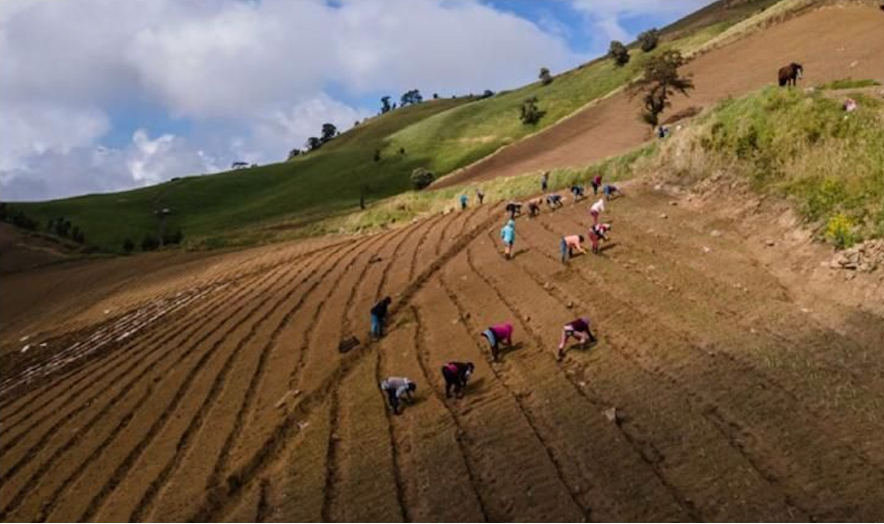
On June 24, the Regulations for the Quality of Drinking Water in Costa Rica were modified. Since then, there has been a lot of criticism of this modification, almost all superficial and, in general, based on a very obvious change: now the regulation is not categorical about pesticides.
Previously, when a water sample had pesticide concentrations above a maximum permissible value, the distribution of that water for human consumption was immediately suspended. These values were not specific to each pesticide, but applied to any, as is done in the countries of the European Union.
After the modification, the maximum permissible values applied to pesticides were changed to alert values, which are more flexible. In other words, if an alert value is exceeded, it will no longer be necessary to immediately suspend the distribution of water, but the Ministry of Health can carry out more detailed studies to determine if these limits are too strict for the specific pesticides that are present in the water.
Why has the Ministry of Health decided to modify the regulation? What consequences could this have for public health? What prevents us from addressing the underlying problem of achieving good pesticide management?
Metabolites
When applied to the soil, pesticides degrade under the action of water, oxygen and bacteria. This transforms them into substances called metabolites, which in some cases have a lower toxicity than the pesticide from which they come.
For this reason, countries such as Spain and France made, in their respective regulations, clarifications that could be summarized as follows: it is not necessary to contrast the concentrations of metabolites that represent a low risk to people against the maximum admissible limit.
However, in Costa Rica, the Ministry of Health decided to include in the regulation the possibility that all pesticides, toxic or not, could be subject to a more detailed analysis. This means that if a water sample has a pesticide concentration that exceeds the maximum allowable value, the Ministry of Health could consider it as drinkable.
I suppose that Europeans have preferred to be safe rather than sorry. They prefer not to introduce the review of complex evaluations into the process because this would mean a great deal of responsibility and a significant number of resources.
Forbid
After a long process in which the Ministry of Agriculture and Livestock (MAG) was strongly opposed, in 2023 it was possible to ban the fungicide Chlorothalonil, responsible for the closure of the water sources of Cipreses de Oreamuno, in Cartago. However, this is only one of the highly toxic pesticides that are allowed in the country. To that list are added Glyphosate, Paraquat, Bromacil.
According to a 2021 study by the World Health Organization (WHO), Costa Rica is the country that uses the most pesticides worldwide: about 34 kg of pesticide active ingredient per hectare. The rest of the OECD countries use less than 2 kg.
The interests of distribution and manufacturing companies must be too great for the most harmful pesticides to be easily banned, even though there are less-toxic alternatives. In addition, sometimes users and experts do not consider this change necessary because they think it could affect productivity.
Supervise and train
And it’s not just about banning, but also about training farmers and monitoring the agrochemicals they use. However, since the 90s, the same distribution or manufacturing companies provide this orientation and not the MAG, as it should be to guarantee the independence of the technical criterion.
Finally, the fact that a substance is banned does not mean that it is not marketed and used. The WHO points out that, in some rivers in Costa Rica, the insecticide Chlorpyrifos was one of the most detected products in water sampling in 2015 and 2017, even though it was banned since 2007. It’s one thing to ban a substance and another to make sure it doesn’t sell.
As the Brits say, we set out to fix something that was not broken: we made the drinking water decree more flexible when it just had to be adapted, as they did in Europe. On the other hand, much remains to be done to prevent more sources of water contaminated by pesticides from appearing.
Moving forward in this direction requires conscientious work that begins by banning other toxic pesticides, regardless of political and commercial interests. Then it is necessary to monitor what is being sold and where, and to educate those who work the land, including professionals in the sector, who have our crops and, incidentally, our health in their hands.
